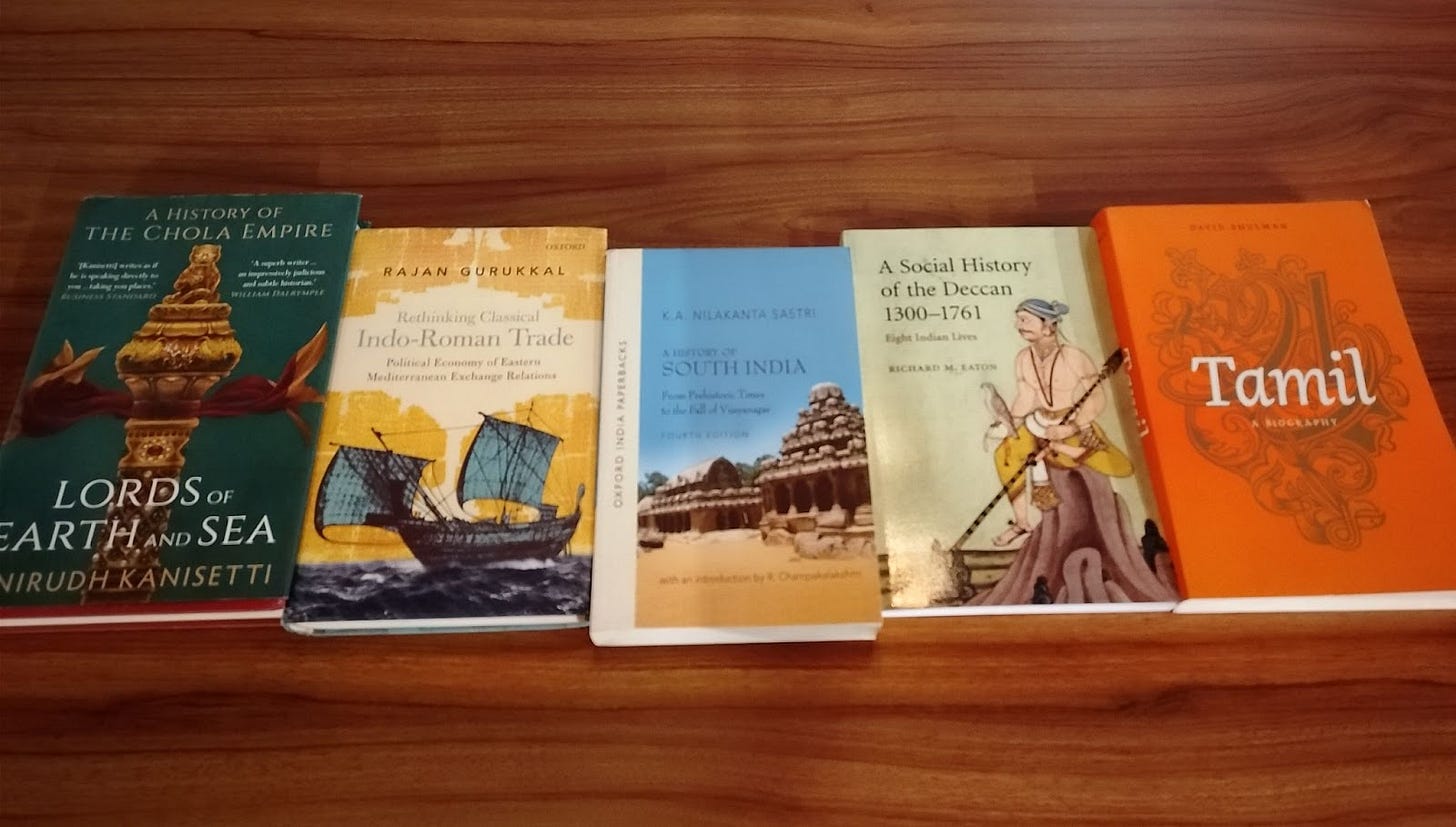A Beetle’s Fate for the Repairability Index?
“The people’s car” is the approximate translation of the German automobile manufacturer, “Volkswagen”. True to the manufacturer’s name, the ‘Beetle’ as it came to be known, eventually gained notoriety as one of the most popular vehicles produced by the Germans, reaching its peak popularity in the 1970s with over 15 million cars produced (overtaking the production record held until that point by the Ford Model T).
Over the duration of its 81-year run, the Beetle sold over 23 million units across 91 countries. The compact, affordable vehicle was developed under Adolf Hitler’s mandate to prepare a vehicle with mass appeal that would fit two adults and three children, but remained popular well after World War II, when it entered the United States market in 1949.
“Unlike in West Germany, where its low price, quality and durability stood for a new postwar normality, in the United States the Beetle’s characteristics lent it a profoundly unconventional air in a car culture dominated by size and showmanship,” wrote Bernhard Reiger, author of The People's Car.

Despite its wild popularity (bolstered by ad campaigns that became instant classics, its prominence in Beatles’ publicity images, as well as Hollywood movies with sentient Beetle protagonists), the car eventually lost its cult following, with the last original design being made in its Mexico-based factory in 2003 (third-generation Denim Blue coupe, for the motorheads out there).
The beloved vehicle eventually went out of production in 2019, as US consumers (one of their largest markets) shifted to larger vehicles, Volkswagen grappled with its 2015 diesel emissions scandal and the surge of investment in electric cars.
Could India’s recently released Repairability Index suffer a similar fate, dear reader? By some measures, the Index’s intentions and parameters hold potential for success, but could it all possibly be a flash in the pan? Well, you needn’t muse on these questions alone…
In the assessment of our High-Tech Geopolitics Programme researchers, Bharath Reddy (Associate Fellow) and Rijesh Panicker (Fellow):
The initiative has the potential to enhance the circular economy and complement India’s efforts to establish a manufacturing base in electronics…
In their recent Op-Ed in the Deccan Herald, Bharath and Rijesh helpfully introduce four perspectives to keep in mind when trying to understand this development. Ranging from the market demand for repairable products to the development of a new circular economy they argue for why a repairability index is ultimately a “good first step.”
To take a closer look at their commentary, follow this link.
The Normalisation of New Normals: Narayan’s Take…
In his column in The Mint, Takshashila Co-Founder, Narayan Ramachandran, examines the evolution of ‘new normals’ in the post-Covid era and some of the potential downstream impacts of such developments:
The month of April brought with it unilateral actions, escalations and (depending on your point of view) provocations. This short cycle of escalation, de-escalation and setting of new benchmarks…is greatly aided by highly polarized global social media where facts and pseudo-facts are indistinguishable.
For a more fulsome read of his commentary on new normals, with benchmarks being set on everything from tariffs wars to the India-Pakistan conflict, follow this link.
Trade War Truce: A Great Power Show Take!
In his recent episode of The Great Power Show, Takshashila Chairperson of the Indo-Pacific Studies Programme, Manoj Kewalramani, hosts geopolitical analyst, Yanmei Xie, to unpack the complexities around the 90-day truce announced between US and China and why “de-coupling” may be the way forward for the Sino-US bilateral relationship .
To listen to their insightful exchange, including their thoughts on China’s economic development model and why manufacturing has returned to the centre of global strategy, follow this link.
Operation Sindoor from China’s Vantage Point…
Takshashila Indo-Pacific Studies Programme Staff Research Analyst, Anushka Saxena, provides nuanced commentary on China’s engagement with and support of Pakistan, in her latest appearance on the Global Express, with The New Indian Express Senior Journalist, Neena Gopal.
To hear her comments in their entirety, including how China’s approach keeps with its global strategy of garnering support of smaller developing countries and how they see Pakistan “a proxy to keep India in check”, watch the full segment at this link.
All Things Policy (Video) Episode of the Week: Decoding Operation Sindoor…
With a special video feature, this week’s All Things Policy episode focuses on decoding India’s military actions related to Operation Sindoor.
Join Takshashila’s Pakistan Studies Research Analyst, Aishwaria Sonave, as she unpacks the transformation in India’s cross border response to Pakistan, moving from an initial focus on diplomatic pressure, to an orientation instead on military responses.
Listen to (and watch) Aishwaria in conversation with High-Tech Geopolitics Research Analyst, Shobhankita Reddy, where she elaborates on the depth and risks of the most recent bilateral conflict and the lessons both India and Pakistan have drawn from the Russia-Ukraine war at this link.
Takshashila Tabletop Trove!
Welcome back to the Tabletop Trove of Dispatch! As you may well know, this section is intended to be a virtual repository of the books that sit at a high-table located in Takshashila’s physical office space in Bengaluru, Karnataka.
This week’s theme is ‘A Historical Look at Southern India’ as curated by our Deputy Director, Pranay Kotasthane:
Lords of Earth And Sea : A History of The Chola Empire (Anirudh Kanisetti)
Rethinking Classical Indo-Roman Trade (Rajan Gurukkal)
A History of South India: From Prehistoric Times to the Fall of Vijayanagar (K. A. Nilakanta Sastri)
A Social History of the Deccan: 1300-1761 (Richard M. Eaton)
Tamil: A Biography (David Dean Shulman)
But, Wait! There’s More!
Applications for Takshashila’s flagship 48-week Post Graduate Programme (PGP) in Public Policy closes this Sunday!
We offer you an internationally competitive public policy curriculum, taught by the best minds in the country. With a series of online webinars and in-person workshops, we provide you with the knowledge, skills and network needed to pivot to a meaningful career in public policy.
Unconvinced? Hear directly from our past PGP cohort on their experience with our workshops.
Apply here by June 1, 2025 to join our 9th cohort!
This edition of the Dispatch was written by Kripa Koshy, Programme Manager for Takshashila’s Post Graduate Programme in Public Policy.




